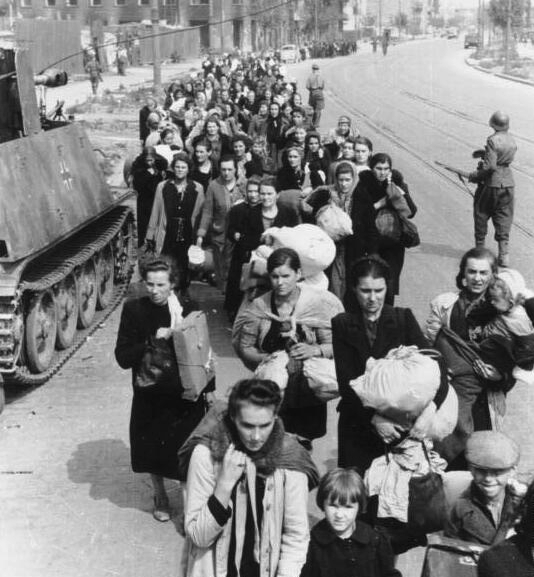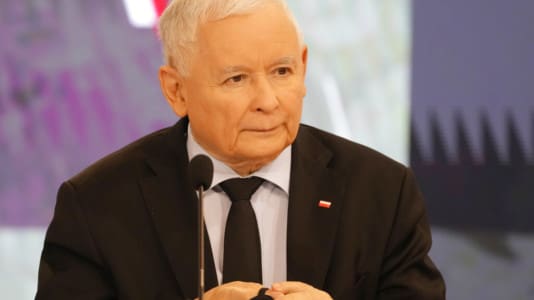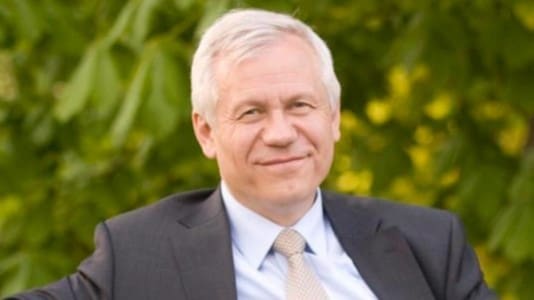Veterans, government representatives, and crowds of people honored the memory of murdered inhabitants of Warsaw’s western district of Wola during the German occupation in World War II.
At the monument to victims of the Wola massacre, flowers were laid, candles were lit, and an honor salvo was fired.
In a letter to participants of the ceremony, Polish President Andrzej Duda reminded attendees that Germans carried out the massacre on Poland’s civilian population on the direct order of Himmler, who commanded that Warsaw be razed to the ground and all its residents murdered.
The Wola massacre is recognized as one of the worst slaughters of a civilian population carried out during World War II, and the one claiming the most Polish lives. According to some historians, during the extermination of Warsaw’s district, more than 65,000 civilians were killed. It is estimated that 10,000 people were murdered daily.
SS-Gruppenführer Heinz Reinefarth, later called “the butcher of Wola,” was responsible for the massacre. Bodies of the victims were burnt and people who were not murdered were sent to concentration camps. The massacre was carried out mostly by soldiers from the penal Dirlewanger division comprised of German criminals moved from prisons and camps.

Soldiers of Reinefarth went from building to building, ordered everyone out and then shot them in the street. Age and gender did not matter to them. Everyone was killed, from babies to the elderly.
“I was taken to a factory with three children,” recalled Wanda Lurie who survived being shot in the head. “They shot each child in the head with a revolver. I was in advanced pregnancy. I was lying among the bodies for three days in a pool of blood.”
Heinz Reinefarth was never held responsible for his crimes and after the war became mayor of the German town of Westerland on the island of Sylt in Schleswig-Holstein. On social media, Poles recalled that he was never punished for his crimes: “All Polish requests to give Reinefarth up were rejected by the German government.”
Only in 2014, after the case was publicized in Poland, parliamentarians in Schleswig-Holstein expressed regret that a war criminal had become mayor and a member of the Landtag, and they asked victims for forgiveness.
A memorial plaque commemorating the 1944 Warsaw Uprising and the crimes committed by Reinefarth was unveiled on the building of Westerland’s town hall.





